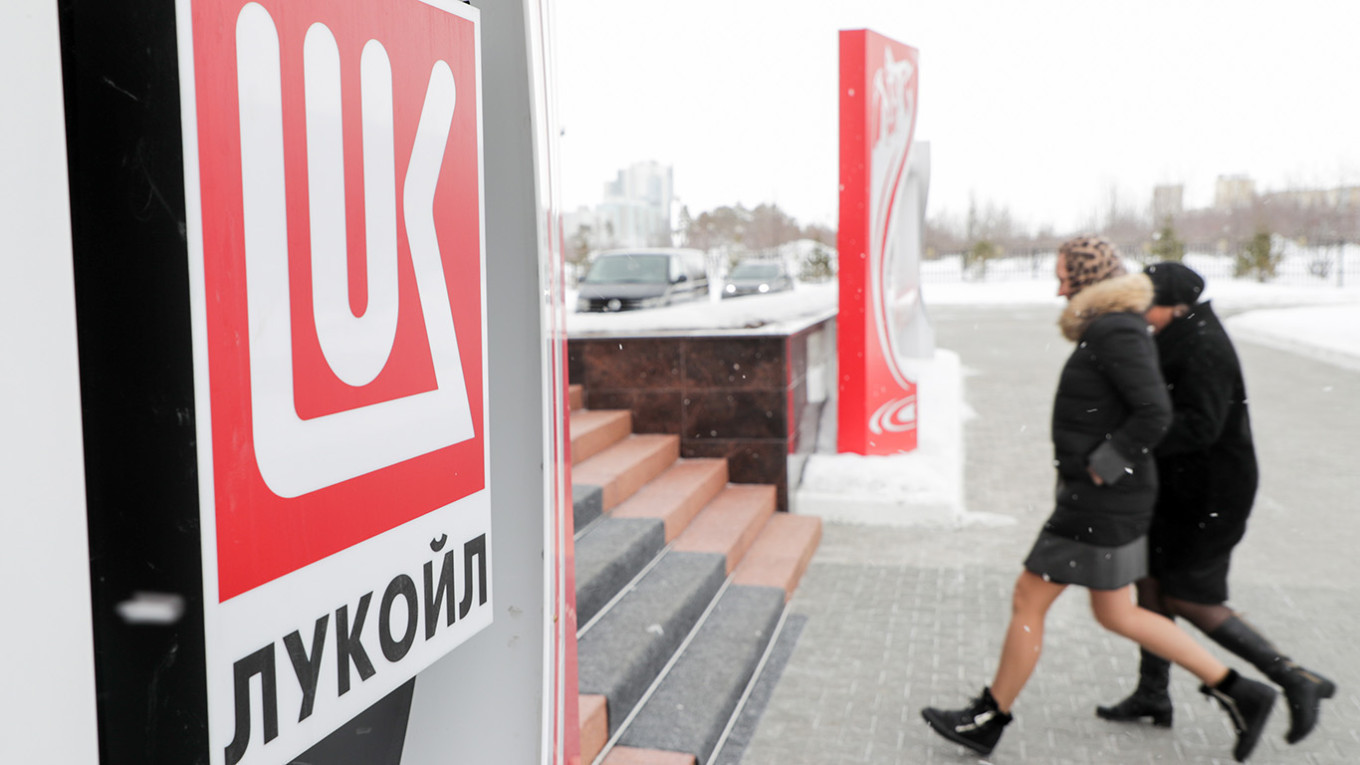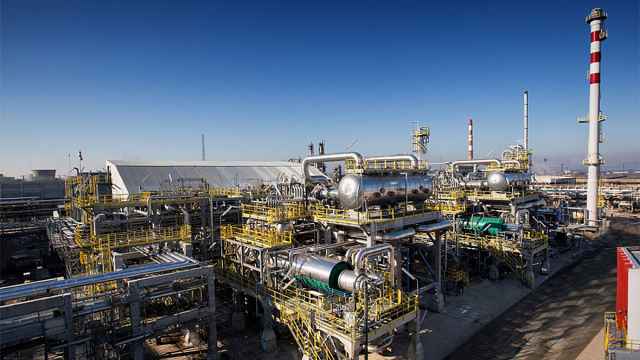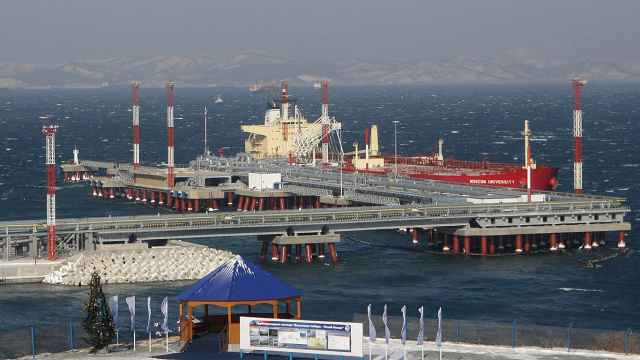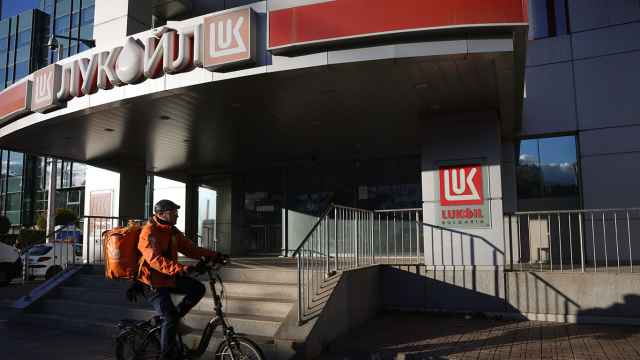Russian oil giant Lukoil on Wednesday called on Bulgarian authorities not to interfere with its efforts to sell its assets in the country, after the government seized control of them following U.S. sanctions on the company.
Last week, Sofia installed a government official at the top of a major refinery that Lukoil is seeking to sell as a result of sanctions Washington slapped on the Russian company over the war in Ukraine.
"Lukoil is taking all necessary steps to complete the sale of the refinery, the filling stations network and other assets in Bulgaria to a new owner and expects that the activities of the external administrator will not impede this process," it said in a statement.
"The Company reserves the right to seek judicial remedies to protect its rights and legitimate interests in the event of their violation," the company, Russia's second-largest oil producer, added.
Lukoil enjoyed a near-monopoly in Bulgaria through a network of oil depots, petrol stations and firms supplying ships and aircraft.
Its Bulgarian assets include the Neftochim plant — the largest oil refinery in the Balkans — in the Black Sea city of Burgas, which it has owned since 1999.
The U.S. initially gave Lukoil about one month to sell the refinery, sparking concerns in the Bulgarian government that this might lead to the shutdown of the crucial fuel supplier plant.
But Washington has extended the deadline until April 29 next year.
In late October, the United States placed Russia's two biggest oil producers, Lukoil and Rosneft, on its blacklist of sanctioned entities, a registry followed by many countries.
Companies who work with the sanctioned entities risk secondary sanctions, which would deny them access to U.S. banks, traders, shippers and insurers — the backbone of the commodities market.
A Message from The Moscow Times:
Dear readers,
We are facing unprecedented challenges. Russia's Prosecutor General's Office has designated The Moscow Times as an "undesirable" organization, criminalizing our work and putting our staff at risk of prosecution. This follows our earlier unjust labeling as a "foreign agent."
These actions are direct attempts to silence independent journalism in Russia. The authorities claim our work "discredits the decisions of the Russian leadership." We see things differently: we strive to provide accurate, unbiased reporting on Russia.
We, the journalists of The Moscow Times, refuse to be silenced. But to continue our work, we need your help.
Your support, no matter how small, makes a world of difference. If you can, please support us monthly starting from just $2. It's quick to set up, and every contribution makes a significant impact.
By supporting The Moscow Times, you're defending open, independent journalism in the face of repression. Thank you for standing with us.
Remind me later.






